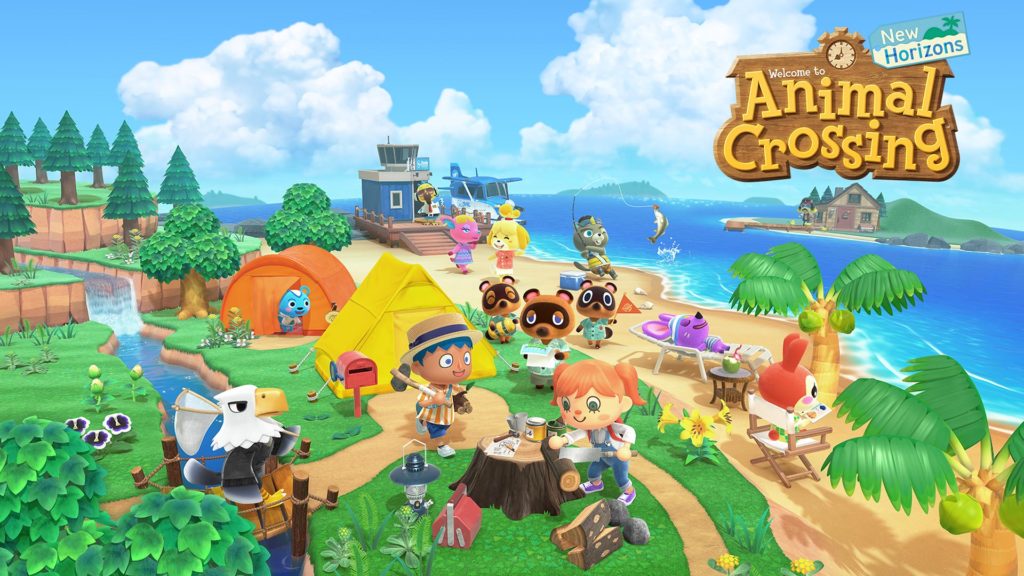
It is safe to say that I am outrageously bad at all video games. Well, all except one: Nintendo’s Animal Crossing. I have been playing different iterations of the same video game for almost 12 years of my life, from Wild World to City Folk to New Leaf, to the latest version: New Horizons. The object of the game is simple, no matter the version, you live in a town and make friends. There are smaller goals, like catching butterflies, improving your town’s infrastructure, and collecting money for furniture, but the core of the game remains the same: developing friendship.
Each iteration of the game is full of characters who inexplicably love your character and treat you as a valued friend. They check in on you, give you gifts, and initiate long conversations. Looking back, this emphasis on friendship was crucial in my social development, which admittedly sounds silly, but being surrounded by characters who treated you like family and exhibited kindness in the most genuine form was very beneficial for a quiet 9-year-old. Having an albeit virtual community that treats players with respect and support helped subtly define what I wanted out of my relationships as I grew up. Later, in high school, after an updated version of the game was released, my friends and I would spend hours playing and visiting each other’s towns within the game. This set up mixed the predetermined friends that came with the game with my real friends. I never expected that the sense of belonging created through a video game would be as relevant now in my early 20s as it was in my childhood.
In March of 2020, the latest version of Animal Crossing came out in the form of New Horizons, with all of the crucial elements still intact, except for one. In other games, you were given a predetermined town, in New Horizons the player gets to independently create and develop their community by starting with a deserted island. This shift was a fundamental change in the mission of Animal Crossing, but it would prove to be wildly successful in the political moment.
At the same time that Animal Crossing New Horizons was released, I was evacuated off my campus in the middle of my junior year due to the COVID-19 outbreak, within a weekend, I had to give premature goodbyes to my friends and tearful goodbyes to the senior class, who I thought I would have a least a few more months with to spend time with. I dreaded going home and being isolated away from my friends, but then something unprecedented in the gaming world happened. In a time of quarantine and impending loneliness, Animal Crossing released a game contingent upon self-expression, community building, and friendship. Like no release before, Animal Crossing New Horizons allowed players to not only create their home and interact with their neighbors, but they created a robust multiplayer system that allowed several friends, in reality, to visit their friends virtually in a way never seen before in the game. Friends in the game could collaborate together, eat together, and talk with one another in a way that the outside world could not handle in the midst of the COVID-19 pandemic. All of a sudden I was Animal Crossing again with all of my friends and recreating scenes we missed from school. In a profound moment, I realized the significance of playing Animal Crossing with my college friends. While prior versions of the game encouraged me to define my friendships in the future, in New Horizons I got to play with those friends I so desired.
Animal Crossing has been one of the only tangible activities I have carried from my childhood to adulthood, and I did so completely unexpectedly. While in the past Animal Crossing helped me create a standard of respect and friendship, in the COVID-19 pandemic it has instead allowed me to upkeep my relationships with others. At the end of the day, Animal Crossing is a relaxing game with absurd characters and simple pastimes, but at its heart, it is a game created to increase self-worth and soothe against loneliness.
-Caroline Alt
Junior Girl
Girl Museum Inc.
